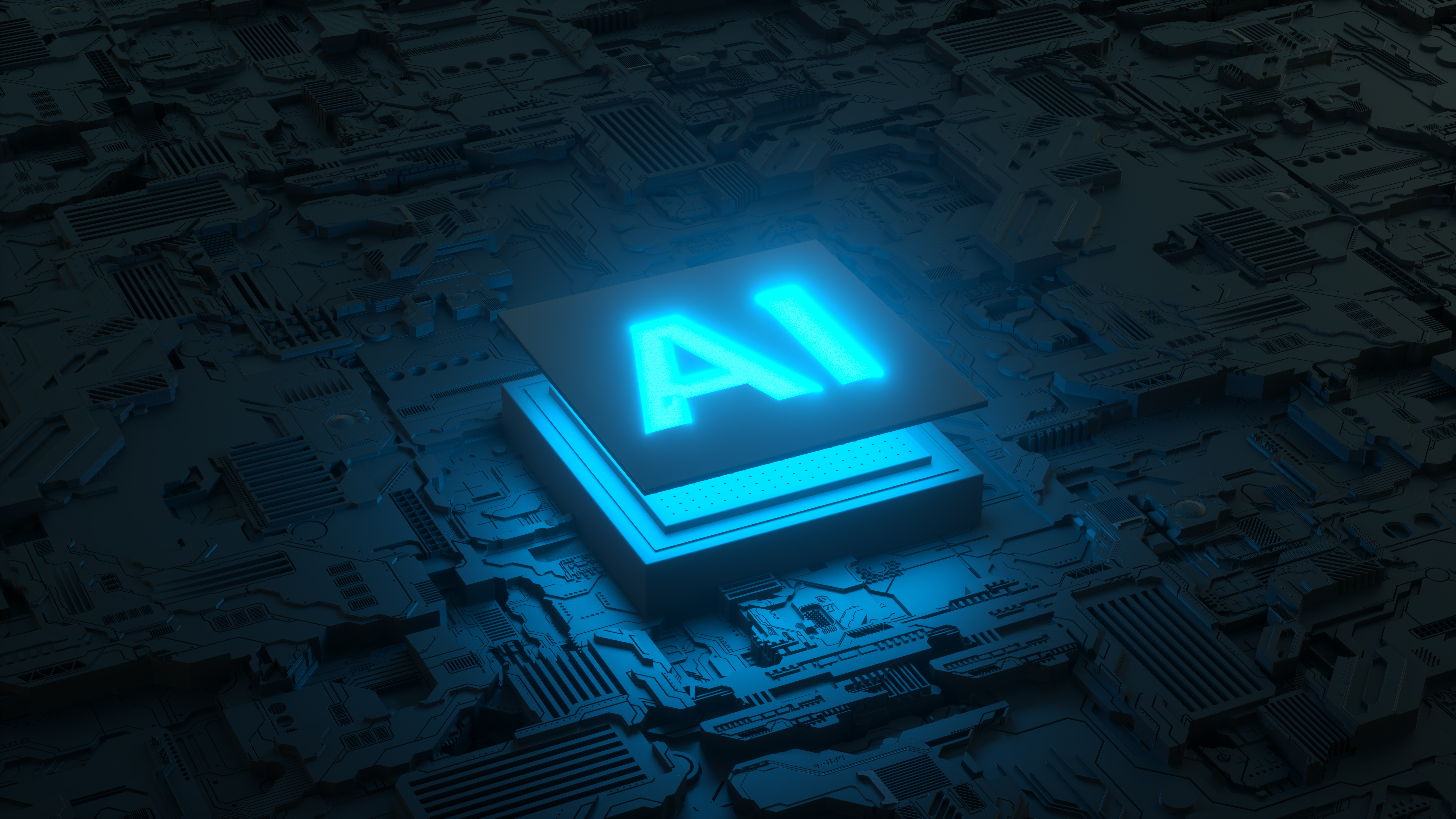AI Automation: The Future is Here
Are You Keeping Up? Did you know ?
AI automation isn’t just for tech giants anymore. It’s everywhere – from the chatbot assisting your online shopping to the algorithm recommending your next movie. But how does it work? And more importantly, what does it mean for businesses, industries, and the everyday user?
Let’s break it down in simple terms – no jargon, no fluff, just real insights.
What is AI Automation
AI automation combines artificial intelligence (AI) with automated processes to reduce human intervention in repetitive tasks. Instead of manually handling data entry, customer service inquiries, or even fraud detection, AI-powered systems take over, working 24/7 with minimal errors
Why is AI Automation Important
Imagine a world where businesses save time and money while boosting productivity. That’s exactly what AI automation brings:
✅ Efficiency – Faster task completion without human fatigue.
✅ Cost Reduction – Automating repetitive tasks cuts operational expenses.
✅ Improved Accuracy – AI reduces errors, especially in data-heavy tasks.
✅ Scalability – Businesses can handle more workload without hiring more staff.
How Does AI Automation Work ?
AI automation follows a simple yet powerful process:
1. Data Collection & Processing
AI analyzes massive amounts of data from various sources (emails, customer interactions, sales reports).
2. Decision-Making
Using machine learning, AI predicts patterns and makes real-time decisions (e.g., fraud detection in banking).
3. Task Execution
From chatbots responding to customers to robots handling warehouse operations, AI executes actions based on collected insights.
4.Continuous Learning
AI improves over time, learning from past data to enhance accuracy and decision-making.
AI Automation in Real Life
Examples You See Every Day
🔹 Chatbots & Virtual Assistants – Ever asked Siri or Alexa a question? That’s AI automation at work.
🔹 Smart Email Filters – Gmail automatically sorts spam from important messages using AI.
🔹 Automated Customer Support – Businesses use AI chatbots to answer FAQs and resolve issues.
🔹 Manufacturing Robots – Factories use AI-driven robots to assemble products with precision.
🔹 AI in Finance – Fraud detection and algorithmic trading run on AI automation.
🔹 Self-Driving Cars – Vehicles like Tesla use AI to navigate roads.
AI automation isn’t just a futuristic concept; it’s already part of our lives.
The Benefits & Risks
What You Need to Know
✅ The Good:
✔ Saves businesses up to 40% on operational costs.
✔ Reduces human error and improves efficiency.
✔ Enhances customer experiences with faster response times.
⚠ The Challenges:
❌ AI replacing jobs – Some roles may become redundant.
❌ Data privacy concerns – AI collects vast amounts of personal information.
❌ Ethical issues – AI decision-making can be biased if not properly trained.
So, what’s the takeaway? AI automation is a powerful tool, but it needs responsible implementation.
Final Thought:
Is AI Automation the Future?
What Happens If You Ignore It?The digital revolution is happening NOW. Businesses that embrace AI automation gain a competitive edge, while those resisting change risk falling behind.
Think about it:
Would you rather adapt and grow or struggle to keep up in a tech-driven world?
AI automation isn’t a passing trend—it’s a shift in how we work, live, and interact with technology. Businesses that integrate AI automation now will lead the future, while those who hesitate may struggle to catch up.
FAQs about AI Automation
1. How will AI automation affect my job?
Not entirely—AI will replace repetitive tasks but create new roles in AI management and strategy.
2. Can small businesses benefit from AI automation?
Yes! AI-driven tools like chatbots and automated invoicing help small businesses save time and money.
3. Is AI automation expensive to implement?
Not necessarily. Many AI automation tools are affordable and scalable for all business sizes
4. What industries benefit the most from AI automation?
Yes—AI investments drive efficiency, cost savings, and competitive advantages.
5. How does AI automation improve decision-making?
AI analyzes data faster than humans, providing insights for informed business decisions.
6. Will AI automation replace human creativity?
No. AI handles repetitive tasks, but human creativity and strategic thinking remain irreplaceable.


